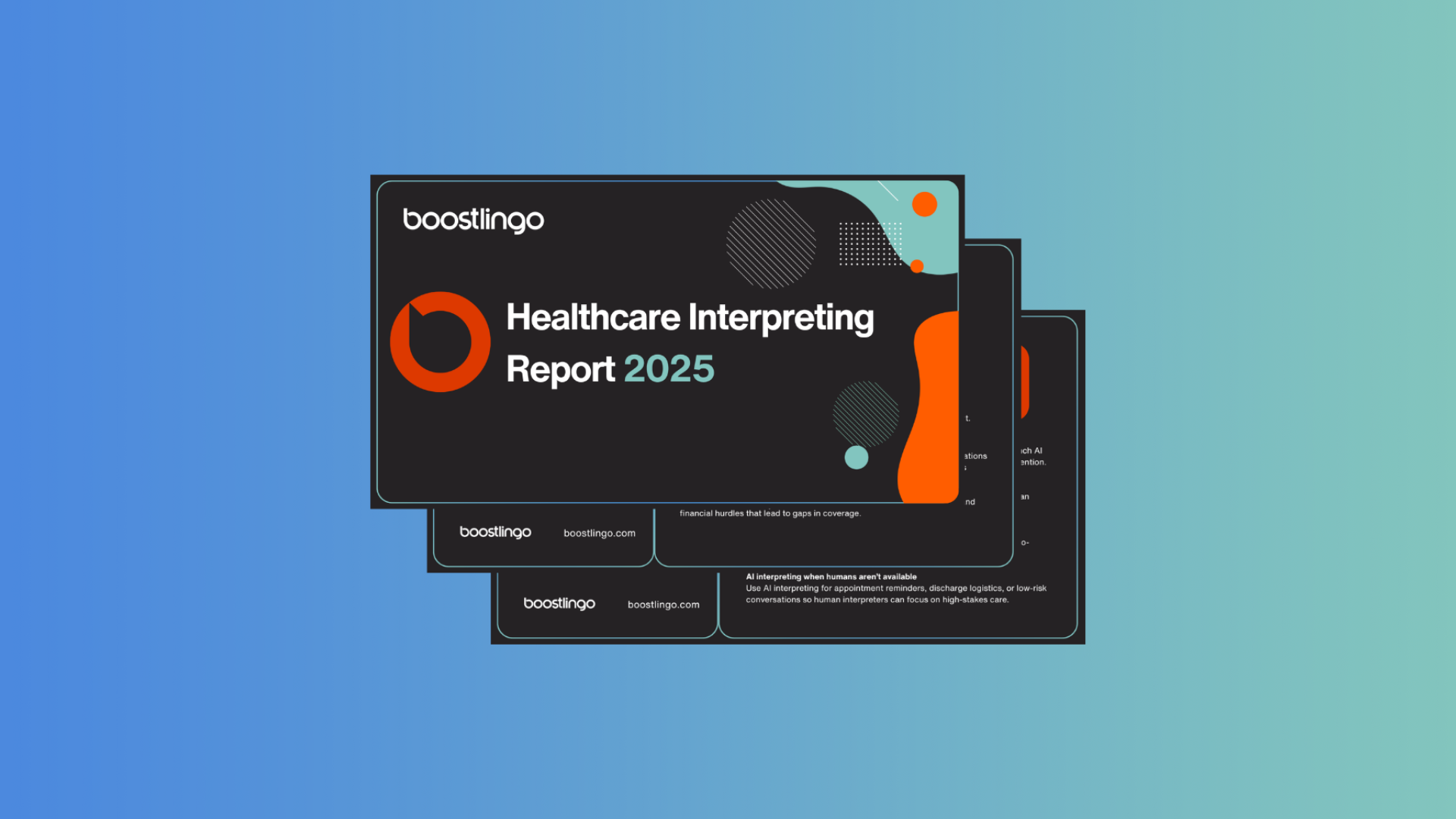After years of advocacy and legal battles, language access in the U.S. healthcare system is getting a long-awaited overhaul. The U.S. Department of Health and Human Services (HHS) recently issued revised regulations under Section 1557 of the Affordable Care Act (ACA) aimed at strengthening protections against national origin discrimination and ensuring meaningful language access for individuals with limited English proficiency (LEP).
The final ruling under Section 1557:
- Issued on 4/26/2024
- Published on 5/6/2024
- Goes into effect 60 days after publishing



